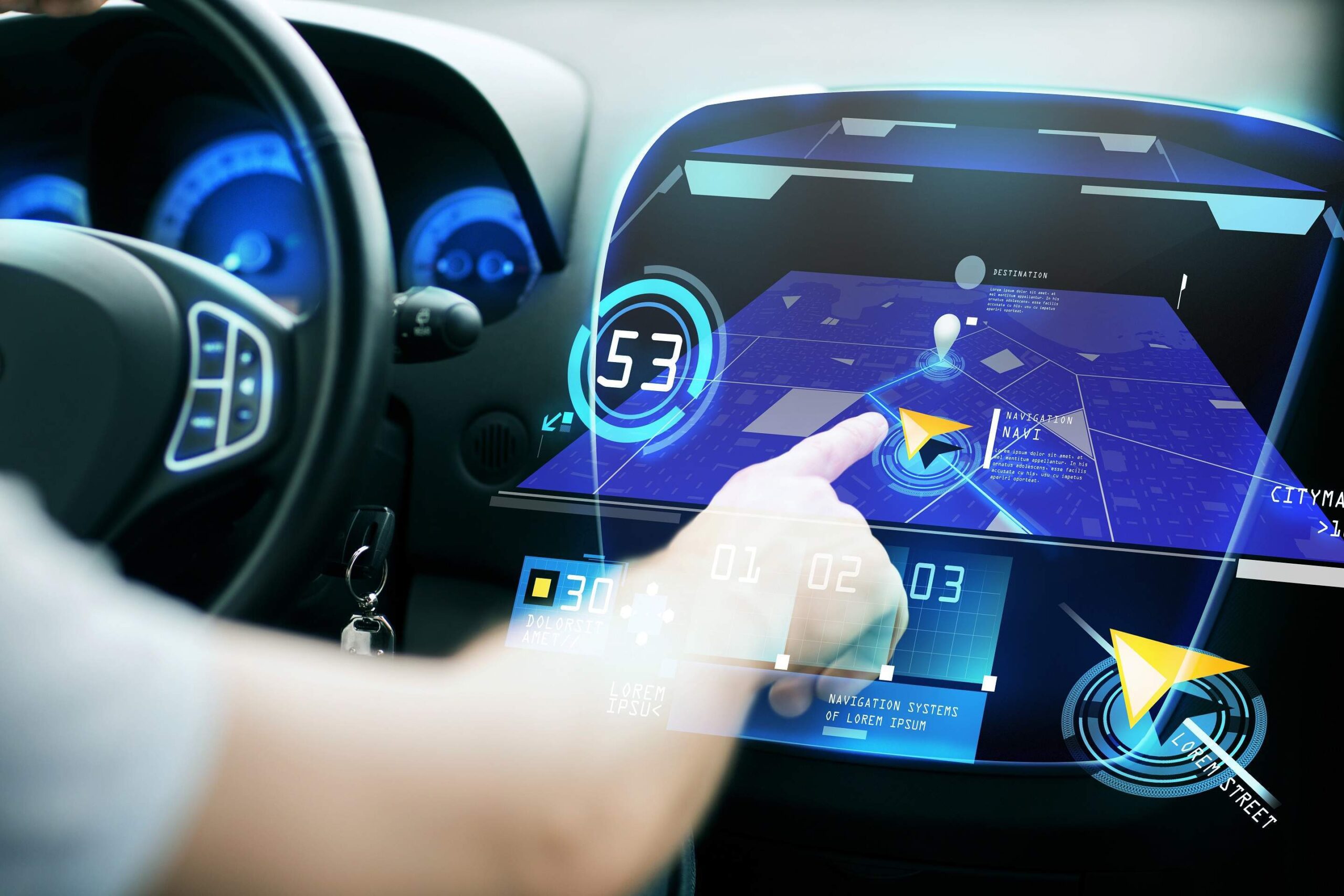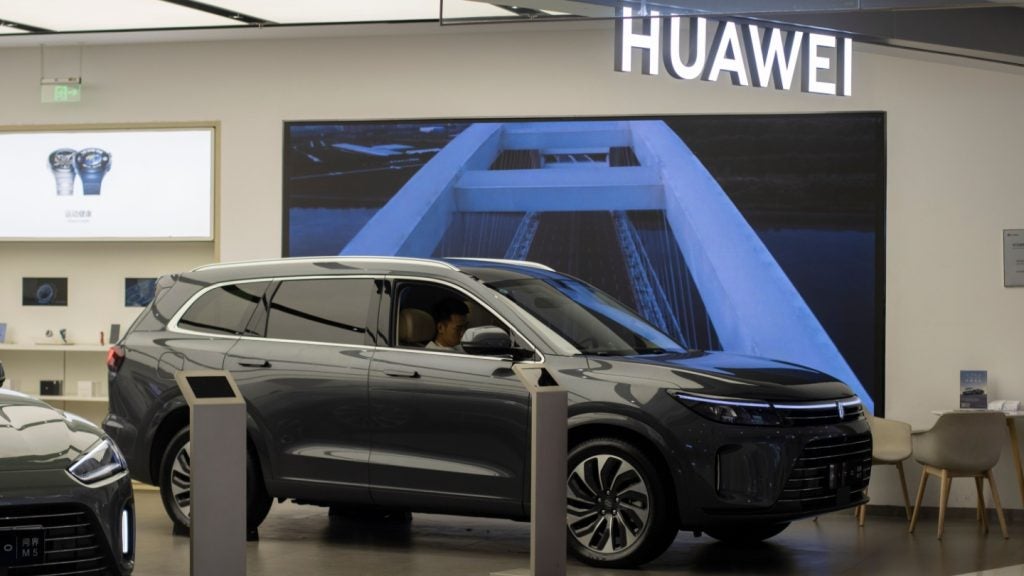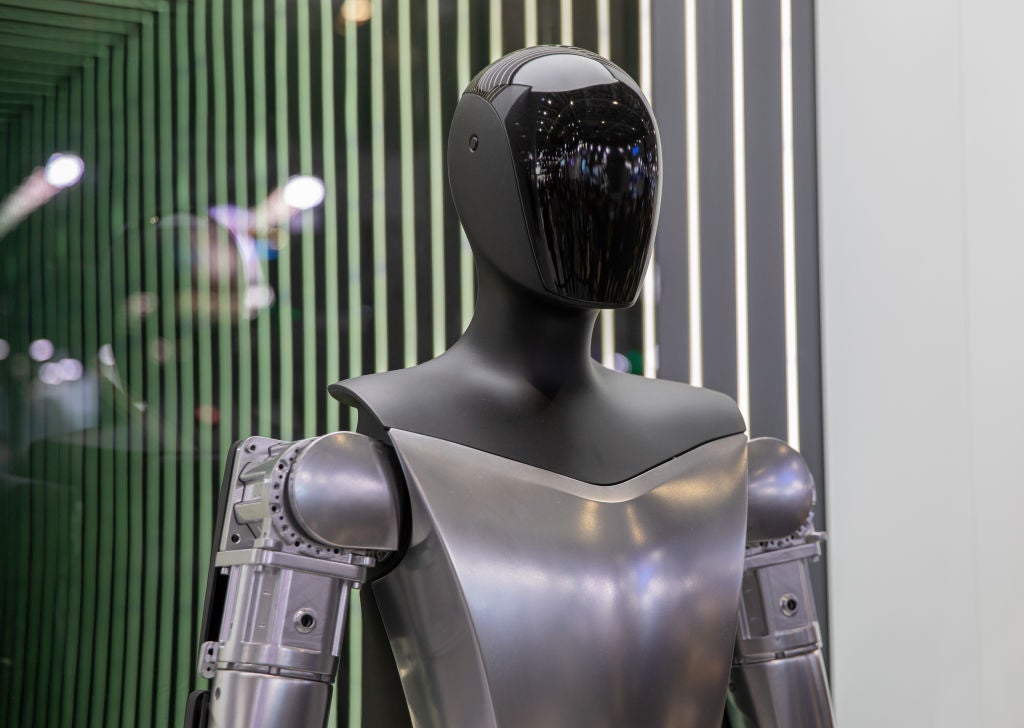
General Motors (GM) will take on the likes of Uber and Lyft with its own self-driving ride-sharing service by 2019.
If plans go ahead, Detroit-based GM could become the first traditional car maker to bring autonomous vehicle technology to the market.
GM’s president, Daniel Ammann, told journalists at an event showcasing the cars:
Everything we are doing is geared to speed. We want to demonstrate to people how much progress has been made to our overall mission, which is to deploy this technology at very large scale and the most complex environments with the right safety.
Other automakers, such as Ford Motor, Renault-Nissan Alliance, Volkswagen and Toyota, are also keen to make their mark in the self-driving car market, which will be worth $1.5tn by 2030, according to the consultancy McKinsey.
Toyota intends to have self-driving taxis in service for the Tokyo Olympics in 2020, while the Renault-Nissan Alliance, the world’s largest carmaker, plans for an autonomous ride-hailing service by 2022.
How well do you really know your competitors?
Access the most comprehensive Company Profiles on the market, powered by GlobalData. Save hours of research. Gain competitive edge.

Thank you!
Your download email will arrive shortly
Not ready to buy yet? Download a free sample
We are confident about the unique quality of our Company Profiles. However, we want you to make the most beneficial decision for your business, so we offer a free sample that you can download by submitting the below form
By GlobalDataMeanwhile, Uber announced plans last month to buy up to 24,000 self-driving cars from Volvo to use for its own autonomous on-demand ride-hailing service.
However, before any company rolls out autonomous vehicles on the streets, regulatory hurdles as well as safety concerns must be dealt with.
George Galliers, an analyst at Evercore ISI, who tested one of GM’s demonstration self-driving vehicles, called the car “far from faultless”.
He added:
We would mark it 5.5 out of 10. Clearly there is still work to do.
There are also questions surrounding whether self-driving cars can be profitable, given that they require lots of investment in the necessary technology and expertise to construct.
GM said it is yet to decide whether to offer its own service or provide only the car’s hardware and delegate everything else to a partner such as Lyft . If it chooses to operate the fleet network itself, GM will face higher running costs, whereas partnering with another company would offset these costs.
Chuck Stevens, GM’s chief financial officer, said:
There’s a very real potential that this business is bigger than our current business — at better margins and higher returns.
GM expects the initial cost to passengers of early stage autonomous ride-share vehicles in San Francisco will be roughly $1.50 per mile — 40 percent below the cost of conventional ride-hailing services.





